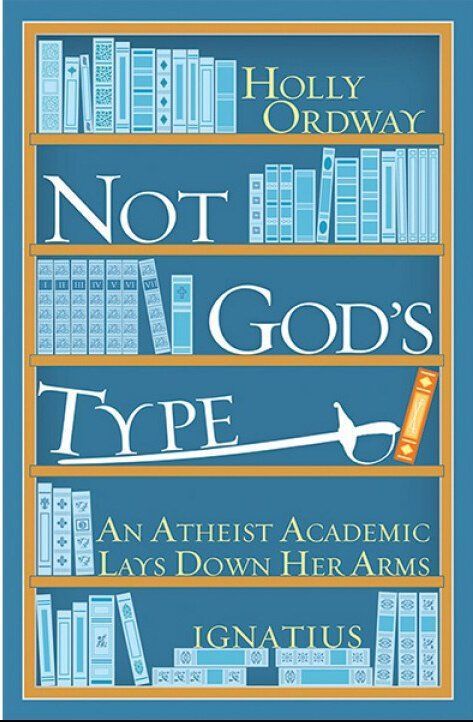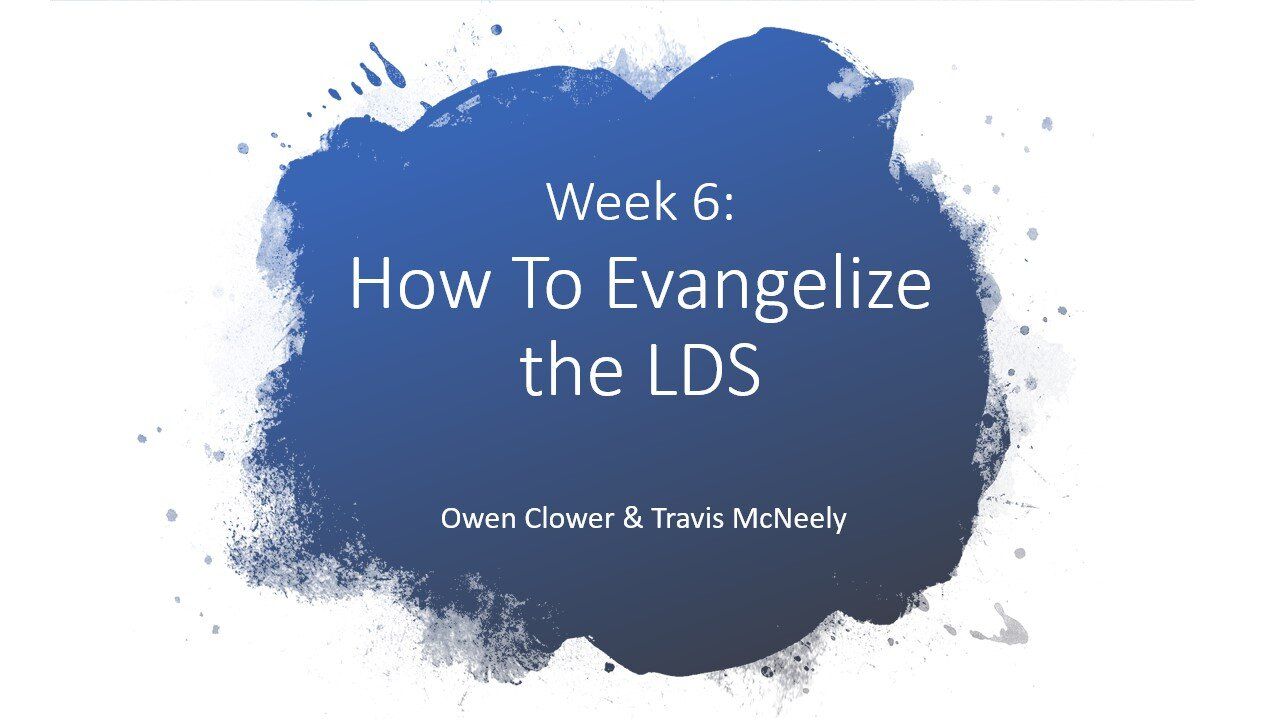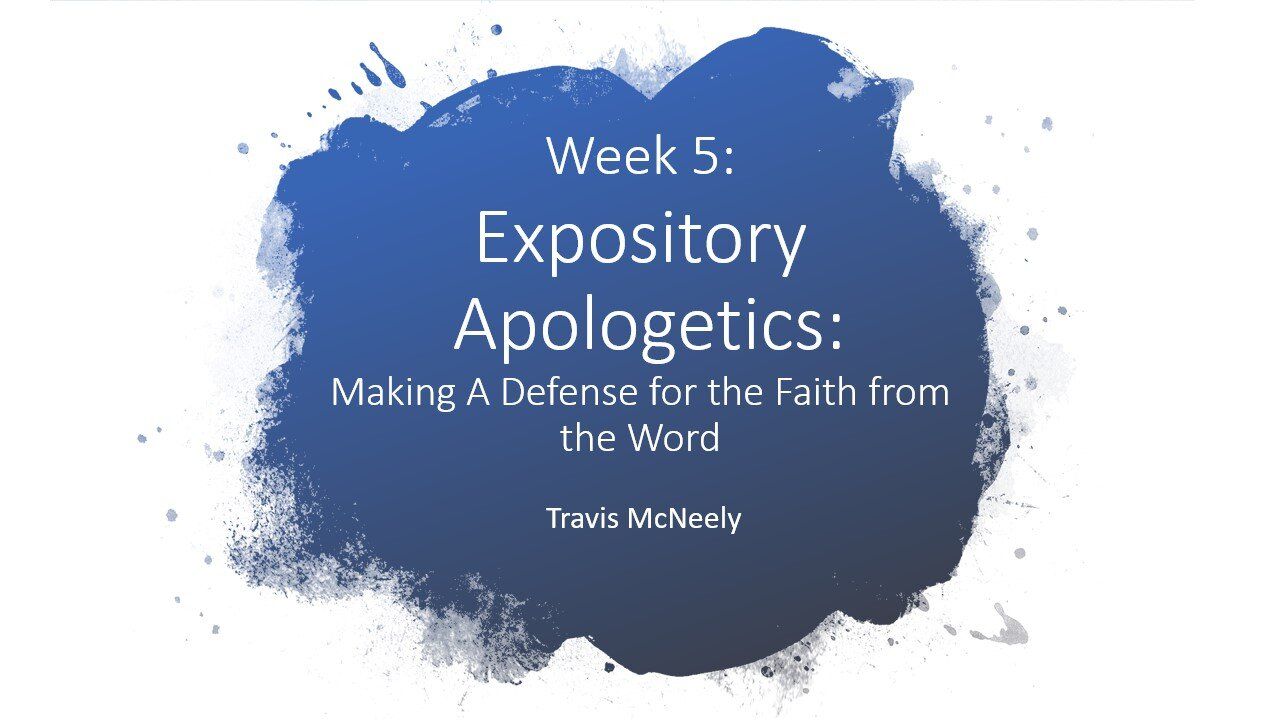Not God's Type: An Atheist Academic Lays Down Her Arms by Holly Ordway


Not God’s Type: An Atheist Academic Lays Down Her Arms by Holly Ordway The thesis of this autobiography is about Holly Ordway surrendering her hostile atheism to enter Christianity. Her story is about the slow process of working through the claims of Christianity using both reason and imagination as tools to question her beliefs. Tying in her love for fencing as an analogy, Ordway describes the arduous and painful process it was for her to convert. It was the fencing coach she trained with who patiently pointed out weaknesses of her worldview and presented her with questions to muse over. This eventually led to Ordway accepting the truth of Christianity.Ordway transparently describes her atheistic thought process being utterly defeated by the gospel. In the first chapter, she gives a summary of where she is now from the vantage point of a Christian apologist compared to where she began her philosophical journey many years ago in her atheism. In chapter two, she explains how she saw belief in God as irrational because it was asserting something to be true absent of reason, which was terrifying for her. She needed reasons to believe if there were any. In the following chapter, she admits that her view of Christianity as irrational caused her to lock herself up deeper into her bastion of atheism. In this chapter, she unfolds the tenets and consequences of atheism.Slowly, when wrestling through questions of meaning and morality, she realized her beliefs were inconsistent. For example, she recalls being appalled by 9/11, but then responds with numbness as she realizes those people had no personal connection to her. She evaded the feeling of injustice by focusing on the fact that people die every day, however, this could not be suppressed for long. For in a fleeting moment, she recognized her choice to be numb was brought about by her unreasonable beliefs.Initially, in college, the exposure Ordway did have to Christianity was not a winsome kind. Studying in the South as a Yankee, she was uncomfortable with the frequency of hearing the gospel preached. As an introvert, this led her to solitude, not salvation. Even an encounter with friendship-evangelism made her even further appalled by the Christians around her. After moving to San Diego, she found a fencing facility to train at, where she discovers her coach, Josh, is an educated and bright Christian. He was different than Christians Ordway had met before, consequentially he gained a rapport with her.The structure of the rest of this biography centers around Holly’s interactions with Josh in tandem with what is happening in her mind as she wrestles with the ideas they discuss. Josh, has Holly read Does God Exist ? by Peter Kreeft. Kreeft mentions how two tough-minded individuals get along better than someone tender-minded.This resonated with Ordway because she recognized Josh as intellectually tough, and not without rationale for his faith, which was appealing. Using fencing as an analogy—an ostentatious fencer is easy to defeat—Holly appreciates his restraint from using flashy moves to win her over; rather, with precision and poise he seeks to persuade her concerning truth. Through their duels over ideas, she begins to see she must lay down her arms and follow Jesus. Her love for literature and ideas eventually led her to the Lord. Critical Evaluation Ordway’s life is a brave and beautiful testimony of what it means for an atheist to truly examine the Gospel and test their own views. Her honesty can help Christians to understand the inner turmoil of all atheists as they wrestle through matters of reality. Seeking atheists need to see reasons for faith in God, which they often do not receive any from Christians. Thus, her depiction of Josh is one Christians should imitate. As a Ph.D. in English Literature, Ordway also has a way of writing that is quite imaginative. There is vividness to what she is conveying.For example, when considering eternal life, she says, “the possibility of hope hurt like a blow to a hidden bruise” (92). In addition, she includes quotes from famous writers such as Lewis, Tolkien, and Herbert, which enhance the beauty of her story. It was also a delight to read her story because of the despair evident in her atheism, but then her sudden joy when she placed her faith in Christ.Furthermore, the depiction of Josh was encouraging from the standpoint of the Christian reader because they can be challenged by his evangelistic witness. It does not have to be perfectly articulate, but it is most effective when done in a spirit of humility and boldness. Rather than focus on debating, he patiently dialogued with her.The only criticism of the book concerns her reasons for becoming Catholic. I could be wrong here, but it seemed to be evident to me that the beauty of iconic Catholicism, rather than doctrinal reasons, influenced her to make this choice. Her admiration for godly beauty expressed through his church is a good thing but regretfully misguided by the Catholic interpretation on doctrine. It seems from the story that she was an evangelical first based off of where her friend Josh lead her to Christ from that standpoint; nevertheless, it is a wonderful telling of her own conversion and I heartily recommend it.Christians like Ordway are desperately needed in evangelical circles because they point the church to beauty, in a day when there is so much emphasis on truth and goodness. Evangelicals often are lacking in the aesthetics. Ordway, Holly. Not God’s Type: An Atheist Academic Lays Down Her Arms. San Francisco: Ignatius Press, 2014.
Want To Book Me for Your Event or Conference?
Fill out the form below and we'll be in touch!
Book Travis McNeely
We will get back to you as soon as possible
Please try again later
More posts like this...




